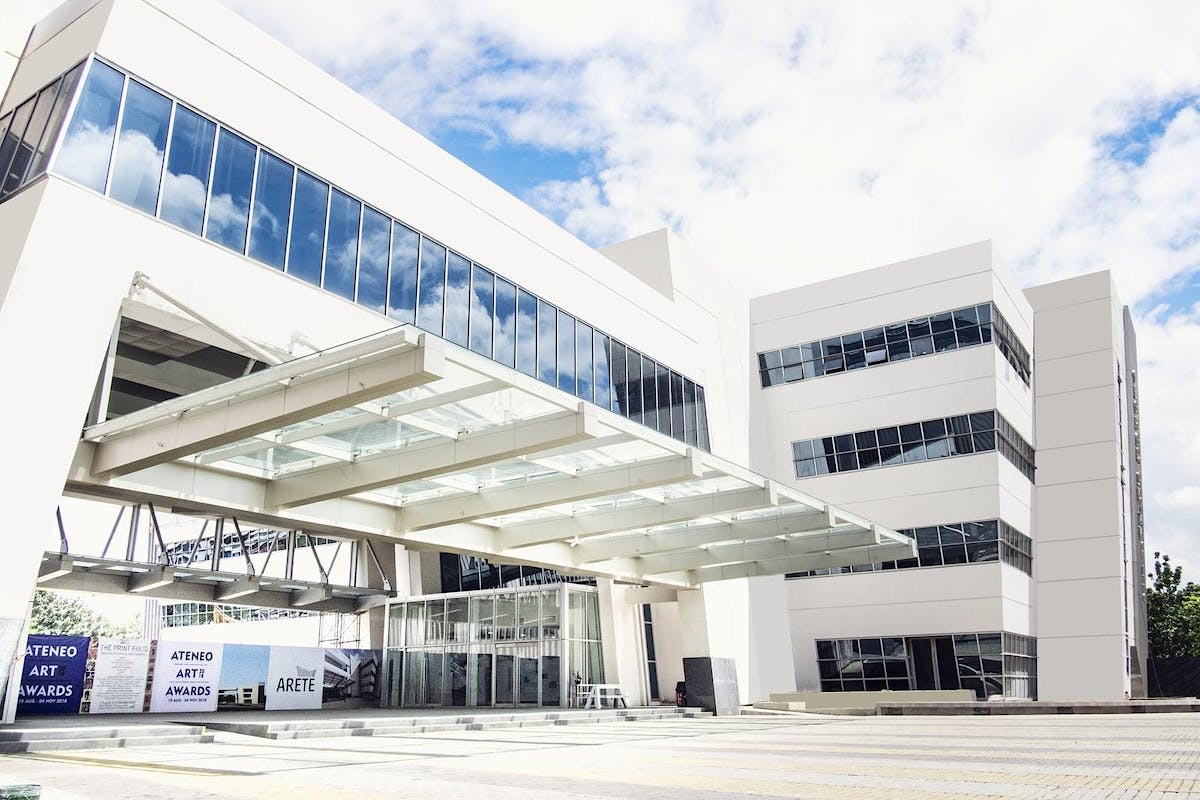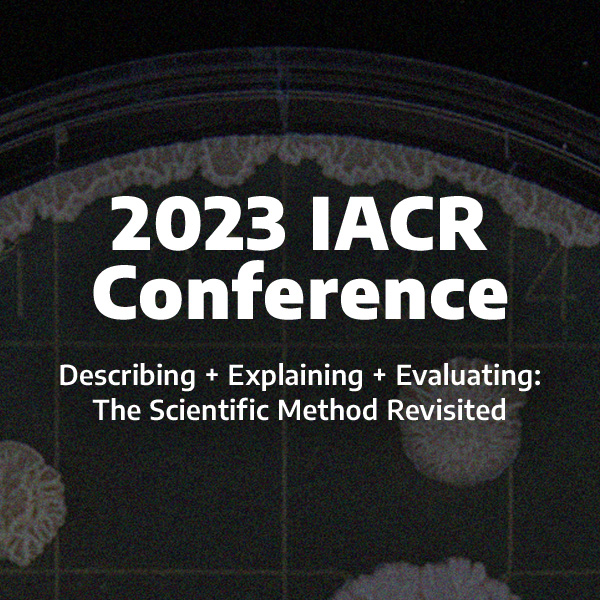
2023 IACR Conference
Describing + Explaining + Evaluating:
The Scientific Method Revisited
AUGUST 7-11, 2023
Ateneo de Manila University
Metro Manila, Philippines
This year’s International Conference on Critical Realism will be hosted by the Ateneo de Manila University in the Philippines. It will be both an in-person and online event, but we hope you will consider attending the conference onsite!
Our conference theme is “DESCRIBING + EXPLAINING + EVALUATING: THE SCIENTIFIC METHOD REVISITED”–a theme that intends to provide scholars and researchers–both critical realist and not–an opportunity to take a step back and reflect on the way we investigate phenomena and the underlying assumptions that shape the way we describe and explain them.
Here are the main features of the 2023 IACR Conference:
Pre-Conference Workshop
August 7-8
This two-day workshop is optional for those who would like an introduction or refresher on the fundamentals of Critical Realism. Students also get the opportunity to share their work and get feedback on them.
Conference
August 9-11
Our conference proper features our distinguished plenary speakers as well as paper presentations from our colleagues from around the world. The presentations may be done online–but preferably, in person.
Conference Dinner
August 10
This traditional dinner provides an opportunity for us to celebrate our community, to network with one another, and to welcome new critical realists.
Optional Tours
August 12-13
For those who would like to spend a few extra days in the Philippines, we are organizing two options to get to know the country and our people more.
We are looking forward to seeing you–whether online or preferably, in person! If you are thinking of joining us in person, check out our recommended accommodations.
Pre-Conference Workshop
on Critical Realism
August 7-8, 2023
This Pre-Conference Workshop provides an introduction to the various phases of critical realism – first-wave, dialectical, and meta-reality – to those new to it or those who desire a refresher. This year, there will be an additional presentation on the use of critical realism in social scientific research.
Describing + Explaining + Evaluating:
The Scientific Method Revisited
August 9-11, 2023
This year’s conference focuses on methodology and underlying philosophical principles in scientific investigations.
Critical realism has grown and spread widely in the last decade, with an increasing number of scholars and researchers drawing from its ontology and epistemology to inform their investigations.
This conference offers critical realists a much-needed opportunity to reflect on their work, to interrogate their methodology, to examine its underlying assumptions, and to tackle questions and issues in order to re-evaluate their critical realist commitments.
We join the worldwide critical realism and sociology communities in mourning the recent passing of Professor Margaret Archer, an intellectual hero, colleague, and friend to many. Read the reflections and memories shared about our dear Maggie.
Plenary Speakers
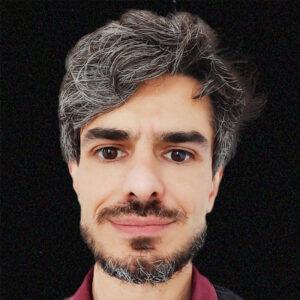
Ismael Al-Amoudi [In-Person]
Margaret Archer's Contribution to the Centre for Social Ontology: From Morphogenic to Post-Human Society
Ismael Al-Amoudi is a Full Professor at Grenoble Ecole de Management (France). He also serves as Director of the Centre for Social Ontology, Associate Editor of Organization, Editorial Board Member of Organization Studies, Academic Advisory Board Member of the Independent Social Research Foundation, and as a member of IACR’s Council.
Ismael’s research is very much grounded in critical realist social theory but he also draws selectively from other approaches such as post-structuralism (Foucault), sociology of conventions (Boltanski & Thévenot), and even Actor Network Theory (Latour) and the works of Judith Butler. Doing so has been helpful to understand contemporary social and organisational mechanisms with a particular interest in norms, power, violence and de/humanisation.
His publications include two edited books on post-human society (Routledge), several book chapters on social theory (Springer; Routledge) and scholarly articles in top journals of management, economics, sociology and social theory.

Grant Banfield [In-Person]
Journeys with a Permissive Meta-Theory
Grant Banfield is currently an adjunct lecturer at the University of South Australia. Prior to this, he worked for over thirty years as an educator and researcher at Flinders University in the field of educational sociology. His first book, Critical Realism for Marxist Sociology of Education, presents a critical realist underlabouring of Western Marxism and its various emergent educational forms.
Grant’s recent book, Working with Critical Realism (edited with Alpesh Maisuria) is an international and multidisciplinary collection of accounts from social researchers in their early methodological encounters with critical realism.

Dave Elder-Vass [Online]
Inventing Financial Value: Developing a Critical Realist Theory
Our third Keynote Address will be delivered online by Dave Elder-Vass. Dave is an Honorary Fellow at Loughborough University. His early work, notably in his books The Causal Power of Social Structures and The Reality of Social Construction, addressed broad questions in social ontology and social theory, arguing for a realist – but also constructionist – ontology of the social world.
More recently, he has brought this perspective to bear on issues in economic sociology, beginning with the role and nature of gifts. His book, Profit and Gift in the Digital Economy, developed a realist political economy of practices and uses it to analyse the economic structures of some of the best known organisations in the contemporary digital economy. His most recent book, Inventing Value, investigates how value is established in the financial sector. It builds an ontology of financial assets that shows how value entrepreneurs build discourses, conventions, and institutions that then shape the values ascribed to assets, leading him to question those values and the system that produces them.
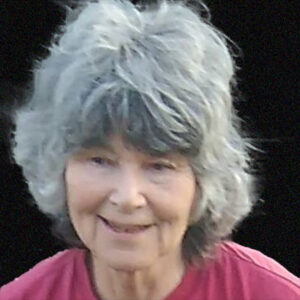
Priscilla Alderson [Online]
To deliver the online Cheryl Frank Memorial Lecture is Priscilla Alderson, winner of the Cheryl Frank Memorial Award 2022 for her book Critical Realism for Health and Illness Research: A Practical Introduction
Priscilla started studying critical realism in 2009 by attending the late Roy Bhaskar’s reading group, where Cheryl Frank was also in attendance. When Roy died in 2014, Priscilla took on the reading group with Gary Hawke. Of that experience, Priscilla shares: “Every year I learned so much from visiting experts who gave lectures and also from many students.”
Her award-winning book is based on Roy’s course, with more attention paid to applying basic and dialectical critical realism to social research. Critical realist concepts are illustrated with examples from health and illness in works reported by eleven researchers. The book, however, could apply to most areas of social research.
Priscilla looks forward to sharing ideas from the book at the IACR conference.
In the morning of Day 2 of the Conference (10 August 2023), there will be four panel discussions featuring critical realist scholars who will share how critical realism has informed and enriched their work, followed by a dialogue with other researchers.

Conference Dinner
August 10, 2023
Join the IACR Conference dinner on August 9 (Wednesday) and celebrate with the critical realist community.

Tours
August 12-13, 2023
Why rush back home when you can spend the weekend after the conference making the most of your trip to the Philippines?
We are organizing a halfday tour of Old Manila on August 12 (Saturday)–or for those who are able to stay over the weekend, a two-day stay at a beach resort in Anilao, Batangas. As we say over here, “You haven’t really seen the Philippines until you’ve ventured out of Manila!”
The International Association for Critical Realism (IACR)
The IACR was established in 1997 with the basic objective of serving as a networking and facilitating resource for anyone broadly sympathetic to, or concerned with, realist philosophy and social theory.
Join IACR and receive benefits ranging from subscriptions to the Journal of Critical Realism to discounts at the annual conference.
Join IACRRecordings and other materials have been uploaded for your reference. The password has been sent to all registered participants.
CONFERENCE HOST
Ateneo de Manila University
The Gokongwei Brothers School of Education and Learning Design (GBSEALD) of the Ateneo de Manila University (Ateneo) is the host of this year’s IACR Conference, to be held at the Ateneo campus in Quezon City, Philippines.
The naming of the school is in recognition of the generous donation from the Gokongwei Brothers Foundation (GBF) to establish an endowment for educational innovation.
Ateneo de Manila University is one of the outstanding higher education institutions in the Asia Pacific region. Established by the Jesuits in 1859, the Ateneo de Manila has sought to educate individuals who will use their gifts for the common good. Among its most prominent alumni is Dr. Jose Rizal, the National Hero of the Philippines.
